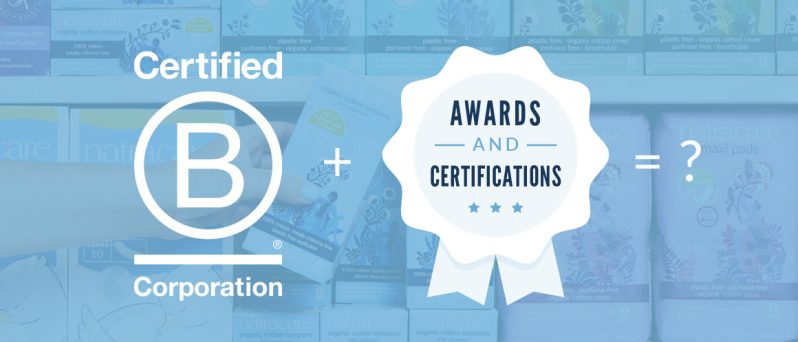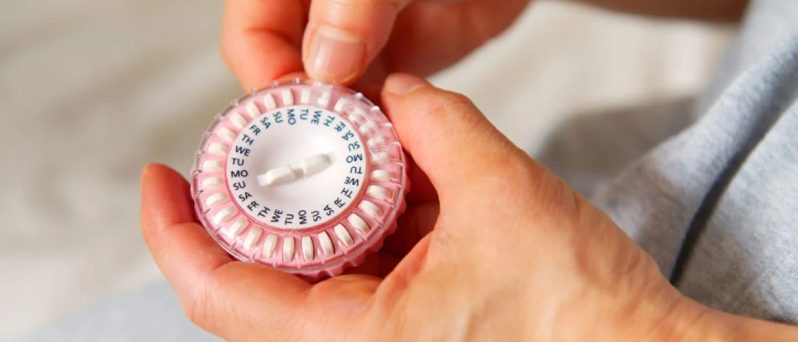The Global Organic Textile Standard (GOTS), the worldwide leading textile processing standard for organic fibres, has introduced a new regulation which means only paper or cardboard tampon applicators are permitted under its updated standard. This new and improved standard (version 6.0), released on 1st March 2021, will clamp down on greenwashing and will help reduce unnecessary plastics in menstrual products, and the textile industry overall.
GOTS goes through revision processes every three years to ‘set stricter ecological and social criteria while maintaining relevance’. Implemented and supported by Susie Hewson, CEO of Natracare, this new update has come about following an increased use of bioplastic applicators in the period products market, and the concerning use of synthetic veils on tampons.
‘Flagrant greenwashing by brands’
Recent research by Greenpeace Laboratories revealed tampon applicators sold as ‘plant-based plastic’ were actually polyethylene. This is the same material that plastic bottles, toothbrushes and normal oil-based tampon applicators are made from. As little as 20% of the total ingredients can come from plants for a plastic to be labelled as ‘plant-based’, which makes it easy for brands to exploit green-minded consumers in their marketing.
Now, if organic brands want to be recognised with the GOTS certification, they must use a truly environmentally friendly version of their applicators in their products, one that is plastic-free, biodegradable or compostable.
Susie Hewson, founder and CEO of Natracare says: “Having spent over 30 years campaigning for chemically clean and environmentally considerate cotton tampons, I was greatly disturbed to see the potential for the organic principles to be damaged by flagrant greenwashing by brands found manipulating version 5.0 of the GOTS standard. I am proud that our evidence and lobbying has had the influence to close those loopholes in version 6.0.”
Keeping the integrity of ‘organic’
Back in 2000, seeing that the category of organic cotton tampons was not protected, Susie Hewson wrote an outline standard for tampons and pressed her certification body to help drive this forward. Eventually, 15 years ago and working with the Soil Association, Susie got the chance to influence GOTS to include a definition for personal care products, specifically for organic tampons.
In the last 5 years there has been a huge increase in the number of menstrual products entering the organic market, but Susie quickly spotted plastic veils and bioplastic applicators on some of these new brands, which in her view went against the spirit of the organic regulations. Susie once again worked to tighten these regulations, ensuring that all tampons labelled as ‘organic’ meet criteria that does not contain plastics. This was a really important step for keeping the integrity of organic tampons beyond reproach. And now with even stricter regulations against exploiting the standard, people like Susie and GOTS 6.0 will ensure this integrity remains.
Read the latest GOTS standard.
Notes to editors:
Natracare is the first company in the world to provide plastic-free, certified organic cotton tampons and totally chlorine-free sanitary pads and panty liners. Natracare products are biodegradable and can even be composted. Susie Hewson created the brand in 1989 in response to the growing danger to human health and the environment from dioxin pollution in the pulping industries with the bleaching of paper products.
The Global Organic Textile Standard (GOTS) is a textile production certification that limits the use of toxic bleaches, dyes and other chemical inputs during the production process of textiles. The aim of GOTS is to define requirements to ensure organic status of textiles, from harvesting of the raw materials, through environmentally and socially responsible manufacturing up to labelling in order to provide a credible assurance to the end consumer.








